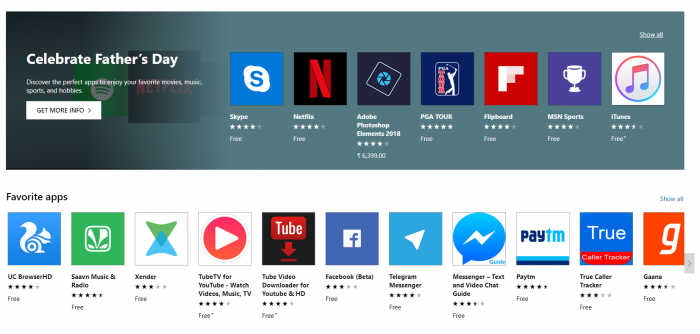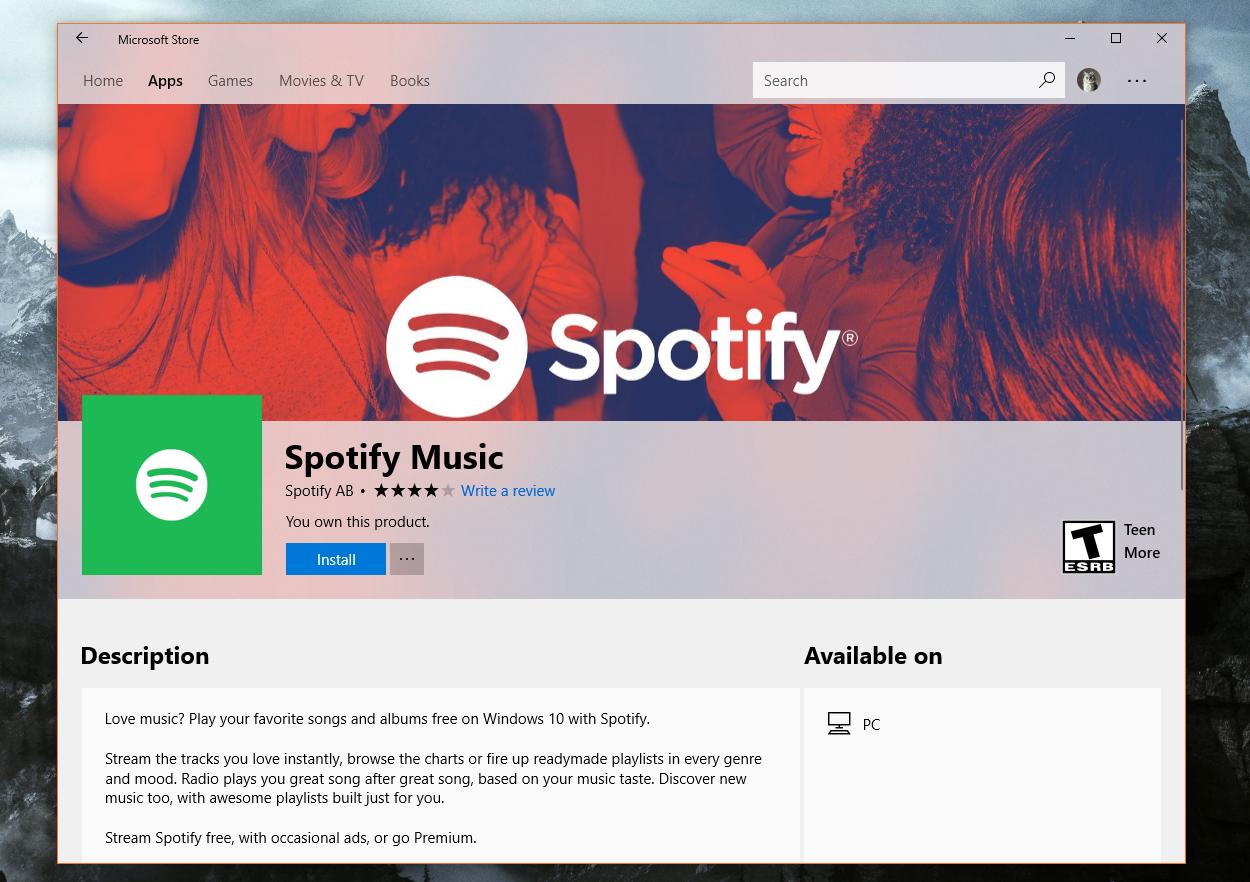
This move will hopefully show end-users and developers that Microsoft is serious about its new Store platform, and that it's an important part of Windows.

Interestingly, I'm hearing that with the introduction of the new Store and policies around it, Microsoft will finally bring many of its first-party apps to the Store, including Teams, Office, Edge, and even Visual Studio. These changes should allow apps like Google Chrome or Adobe Creative Cloud to be discoverable in the Store, though time will tell if these developers actually come. Apps that were turned away in the past for using their own update or in-app purchasing systems will now be allowed. Microsoft wants to position the Store as an open platform that allows for the best apps on Windows to be easily discovered by users. Microsoft is making it easier for devs to get apps into the Store with these policy changes.
I'm told that Microsoft will not take a cut from app developers who do leverage their own in-app commerce channel, which I believe would be an industry first. This change will benefit developers with apps that have a built-in auto update feature, such as Firefox or Zoom, giving them control over how and when app updates or other content types are pushed to their users.įinally, Microsoft will allow developers to use their own in-app revenue streams, bypassing Microsoft's own commerce platform entirely. MSI packages to the Store, and even allow those developers to host the app and push out updates via their own CDN. Microsoft will allow developers to submit raw.

Source: Windows Central (Image credit: Source: Windows Central)


 0 kommentar(er)
0 kommentar(er)
